Open-Book, Open-Notes Exams
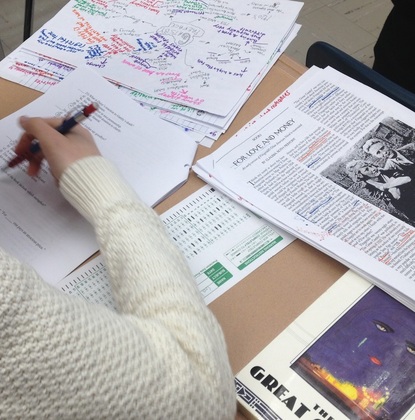
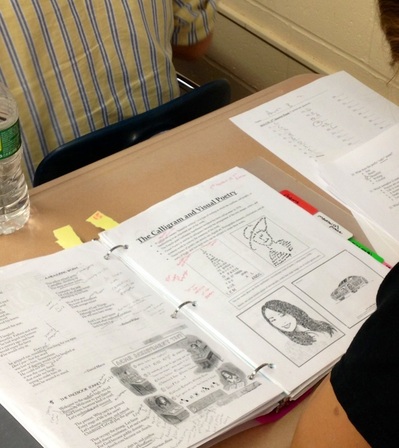
From Day One, the students knew this exam was coming and they knew it would be open notes. This strategy allowed me to emphasize NOTE-TAKING and ORGANIZATION skills all year-long.
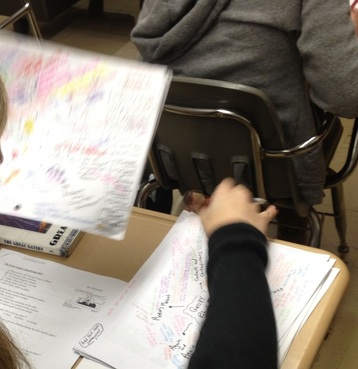
They busted their butts to polish off their notes, collaborate with classmates, read over the book, and prepare in any way possible. The open-notes, open-book exam encourages all the best practices we want in students: preparation, organization, close reading, and careful note-taking.
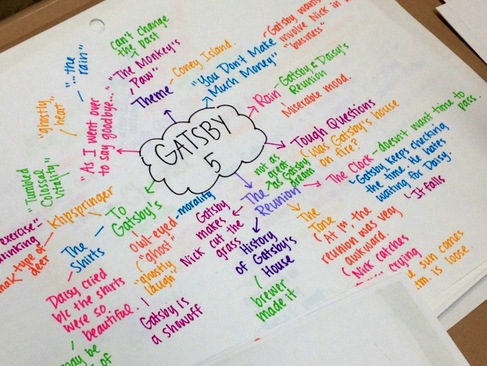
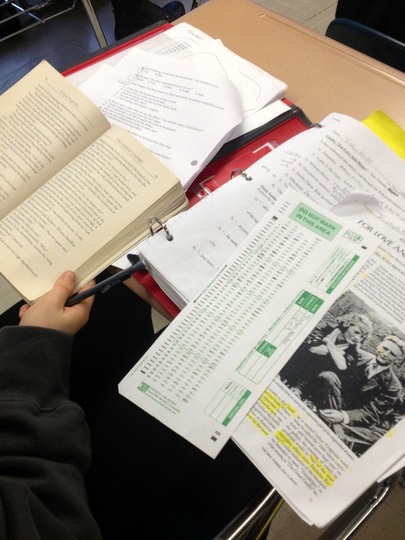
Teachers know that most students will not take notes unless they are directly told to do so. When students don't take notes in your class, you can't ignore the behavior! It's your duty and obligation to teach note-taking, to motivate your students to write and brainstorm, and to maximize their learning in your classroom.
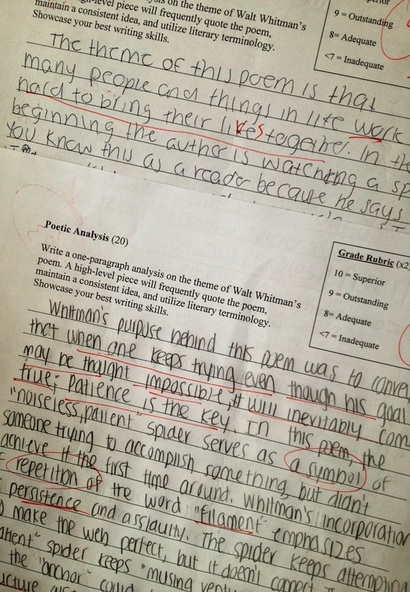
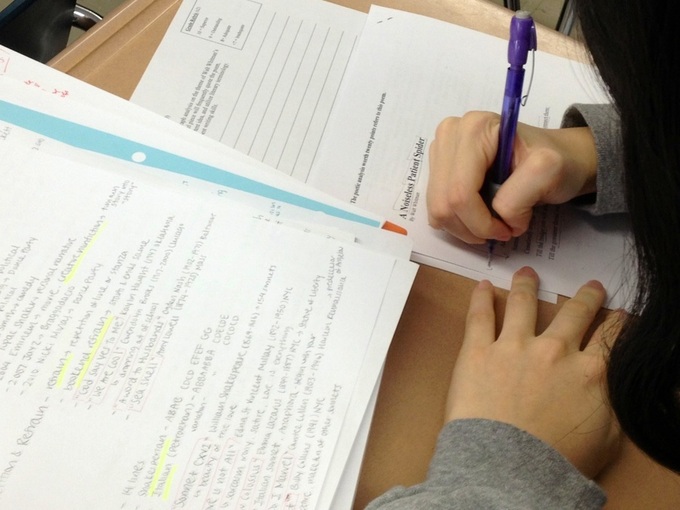
If that's the type of teaching you want to do, try out some of the ideas I learned from Alan November: try the open-notes, open book test!
*********

 RSS Feed
RSS Feed